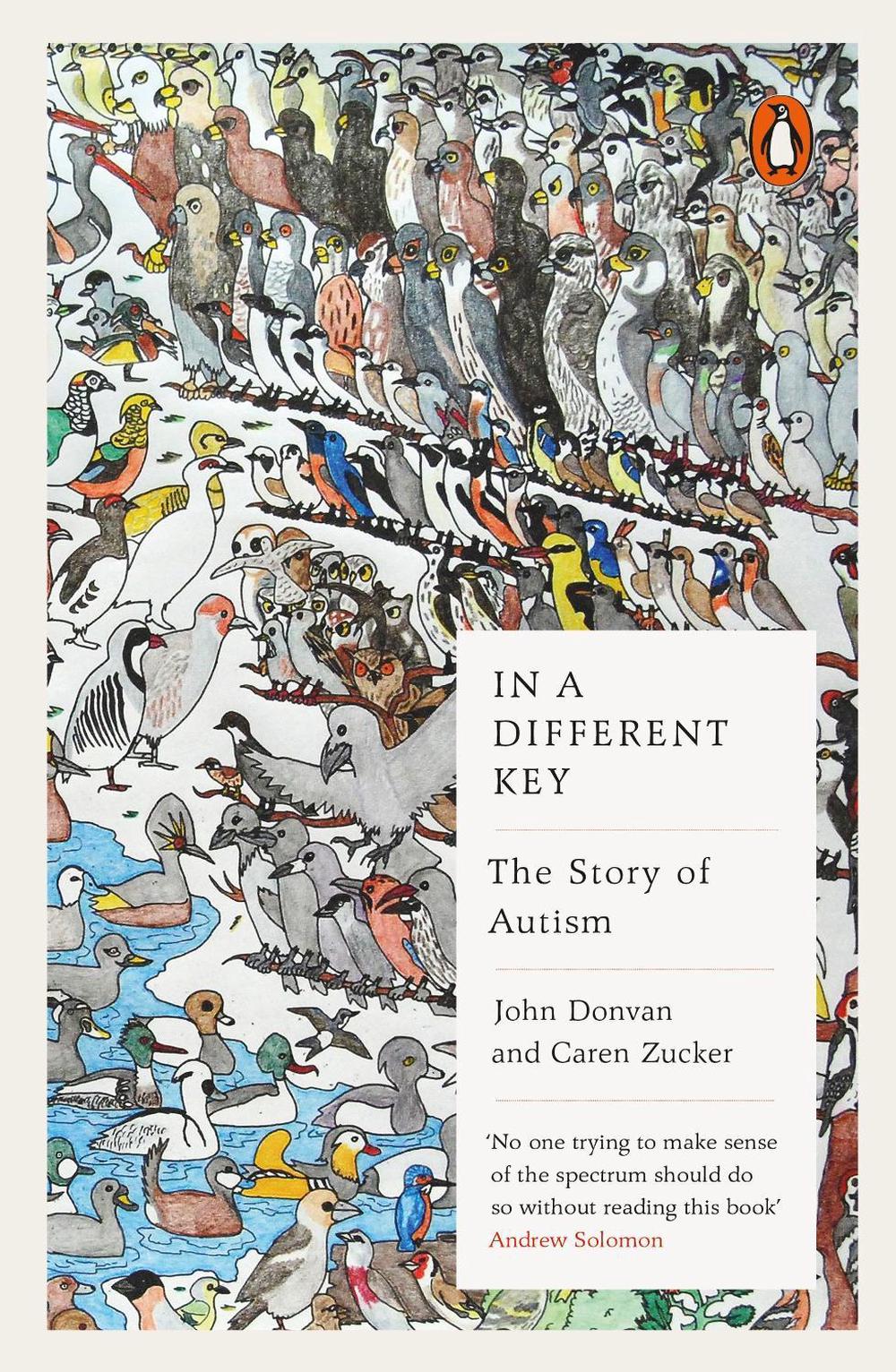

The authors have created a sort of anti-Book of Virtues in this encyclopedic compendium of the ways and means of power.Įveryone wants power and everyone is in a constant duplicitous game to gain more power at the expense of others, according to Greene, a screenwriter and former editor at Esquire (Elffers, a book packager, designed the volume, with its attractive marginalia). In this compelling, well-researched book, the authors weave together the heroic search by parents for treatment and services for their children with the personal stories of a fascinating cast of characters.Īn invaluable guide for those dealing with autism and an inspiring affirmation of every individual’s contribution to “the fabric of humanity.”

How best to serve this diverse community is still hotly debated. Today, the definition of autism includes children with minimal language skills and highly verbal college graduates with poor interpersonal skills. In the 1970s, as an offshoot of the civil rights struggle, the rights of the disabled to education and other community services were finally recognized. Ultimately, Donald’s parents rejected Kanner's advice, and he graduated college and became a valued member of his community. Parents who sought to keep their children at home were denied community support, and their children could not attend public schools. The authors explain that until the 1960s, it was still the norm to place children with epilepsy, cerebral palsy, autism, and other intellectual disabilities in what were, in effect, “human warehouses.” To make matters worse, Kanner, in an opinion seconded by renowned child psychiatrist Bruno Bettelheim, attributed the condition to rejection by “refrigerator mothers,” who failed to nurture their children.

Kanner was fascinated by Donald’s cluster of symptoms, but he considered his condition to be untreatable and recommended placement in an institution. At that time, the doctor coined the name autism to describe Donald's affliction. They hoped to find help dealing with their 5-year-old son's strange behavior. They begin their chronicle in the mid-1930s, when the parents of Donald Triplett consulted with Leo Kanner, head of the Child Psychiatry Department at Johns Hopkins University. How autism has been transformed over the past century into “a threat that stalk the nation,” giving pause to prospective parents.ĪBC correspondent Donvan and ABC TV news producer Zucker have covered autism since 2000, when they created the TV series Echoes of Autism.


 0 kommentar(er)
0 kommentar(er)
